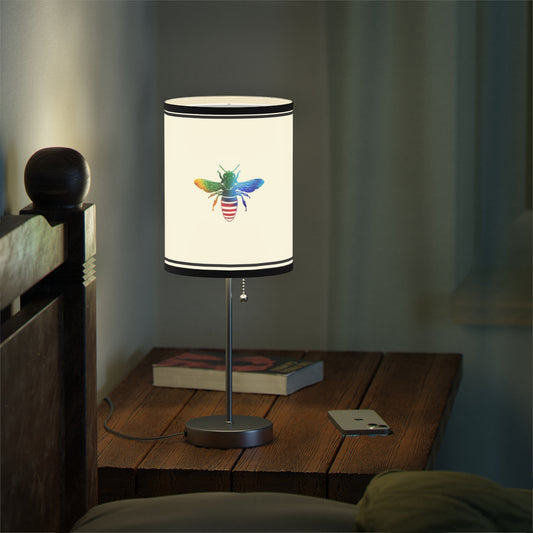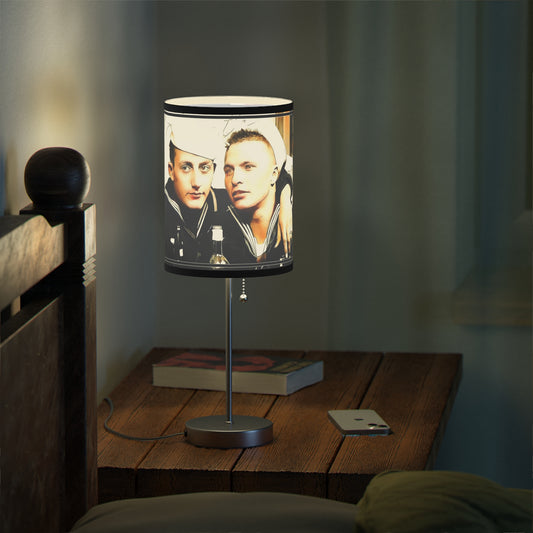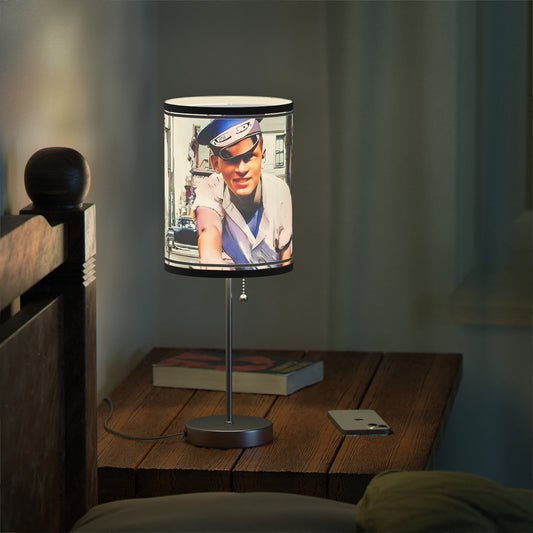Jean Cocteau | French Novelist & Filmmaker | Pride Jersey Tank
Regular price
$30.95 USD
Regular price
Sale price
$30.95 USD
Unit price
per
Couldn't load pickup availability
Jean Cocteau | French Novelist & Filmmaker | Pride Jersey Tank | Be Educational | Read Bio Below
Script: You've always been in good company.
The men's soft-style tank top has a slight taper under the arms. To avoid any pinching, this area has extra space built in. The garment is made from cotton - with polyester in heather colors. There are no side seams - further increasing the fitting comfort. All bindings are the same fabric as the main body.
.: 100% Ringspun cotton (fiber content may vary for different colors)
.: Light Fabric (4.5 oz/yd² (153 g/m²))
.: Sleeker fit
.: Tear away the label
.: Runs true to size
Jean Maurice Eugène Clément Cocteau (5 July 1889 – 11 October 1963) was a French poet, playwright, novelist, designer, filmmaker, visual artist, and critic. Cocteau is best known for his novels Le Grand Écart (1923), Le Livre Blanc (1928), and Les Enfants Terribles (1929); the stage plays La Voix Humaine (1930), La Machine Infernale (1934), Les Parents terribles (1938), La Machine à écrire (1941), and L'Aigle à deux têtes (1946); and the films The Blood of a Poet (1930), Les Parents Terribles (1948), from his own eponymous piéce, Beauty and the Beast (1946), Orpheus (1949), and Testament of Orpheus (1960), which alongside Blood of a Poet and Orpheus constitute the so-called Orphic Trilogy. He was described as "one of the avant-garde's most successful and influential filmmakers" by AllMovie.Jean Maurice Eugène Clément Cocteau (5 July 1889 – 11 October 1963) was a French poet, playwright, novelist, designer, filmmaker, visual artist, and critic. Cocteau is best known for his novels Le Grand Écart (1923), Le Livre Blanc (1928), and Les Enfants Terribles (1929); the stage plays La Voix Humaine (1930), La Machine Infernale (1934), Les Parents terribles (1938), La Machine à écrire (1941), and L'Aigle à deux têtes (1946); and the films The Blood of a Poet (1930), Les Parents Terribles (1948), from his own eponymous piéce, Beauty and the Beast (1946), Orpheus (1949), and Testament of Orpheus (1960), which alongside Blood of a Poet and Orpheus constitute the so-called Orphic Trilogy. He was described as "one of the avant-garde's most successful and influential filmmakers" by AllMovie.




Lamp on a Stand
-
Bee Proud | Lamp on a Stand
Regular price $87.95 USDRegular priceUnit price per -
celibataire 018 | Lamp on a Stand
Regular price $87.95 USDRegular priceUnit price per -
paire 048 | Lamp on a Stand
Regular price $87.95 USDRegular priceUnit price per -
celibataire 031 | Lamp on a Stand
Regular price $87.95 USDRegular priceUnit price per







